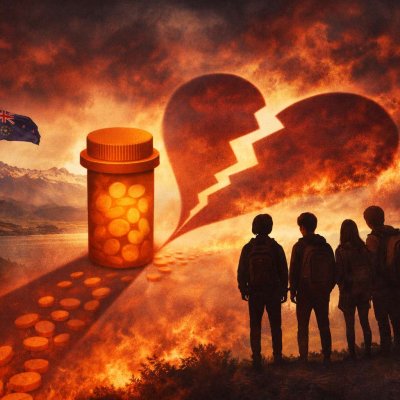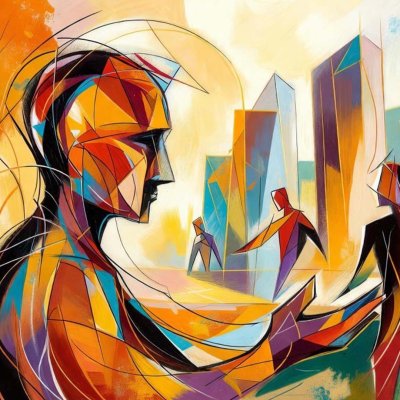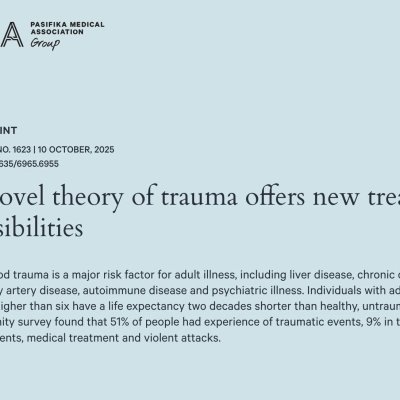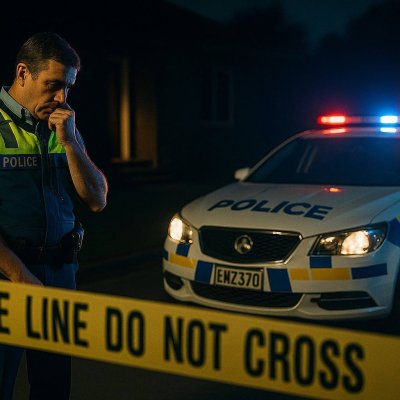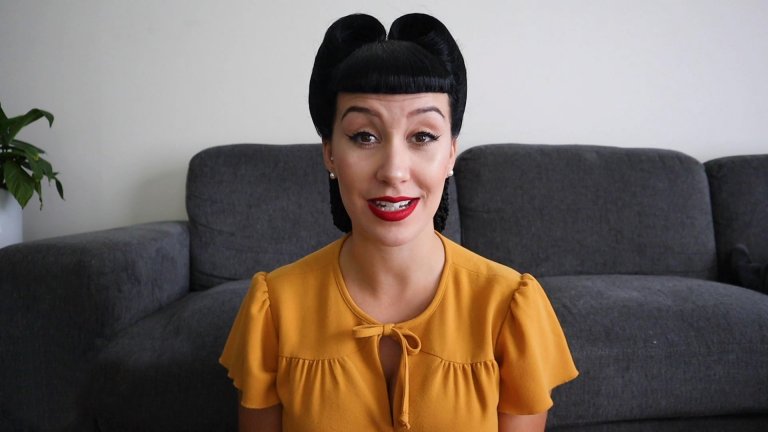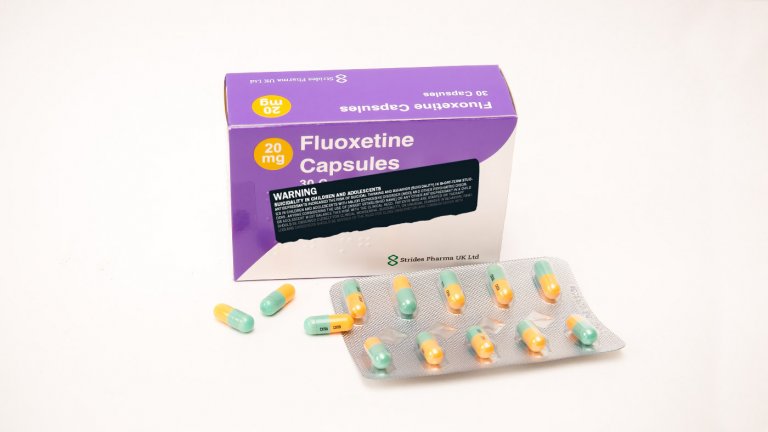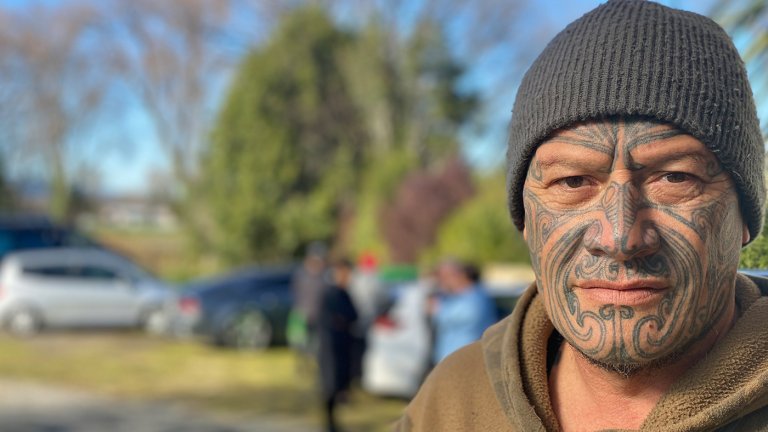New Zealand Launches Suicide Prevention Action Plan 2025–2029
Aotearoa has launched a bold new plan to tackle one of the country’s most urgent public health issues: suicide.
The Suicide Prevention Action Plan 2025–2029 builds on the 2019 “Every Life Matters” strategy and sets out a focused, time-bound series of actions aimed at saving lives and improving outcomes for vulnerable communities.
Four Priority Areas
The plan outlines clear areas of investment and intervention:
- The plan outlines clear areas of investment and intervention:
- Expanding access to suicide prevention and postvention services — including support for those bereaved or after a suicide attempt.
- Growing the workforce of trained mental health professionals and peer supporters across Aotearoa.
- Early intervention and awareness, particularly in youth, Māori, Pacific, LGBTQIA+, and rural communities.
- Stronger data, accountability and evaluation to ensure real impact and continuous improvement.
Key Milestones
Some of the major deliverables include:
- Youth mental health campaigns launching by July 2025.
- Peer support workers placed in 8 hospital emergency departments.
- New Suicide Prevention Fund for youth and rural communities by December 2025.
- Six regional crisis recovery hubs (“crisis cafés”) opening by mid-2026.
- Full strategy evaluation due by mid-2029.
Investment
The plan brings $36 million in new funding over five years, with $16 million of that arriving from 2025/26. This is in addition to the $20 million per year already allocated to suicide prevention initiatives.
Why It Matters
Despite years of effort, New Zealand continues to have one of the highest youth suicide rates in the OECD. In 2023–2024 alone, 617 lives were lost to suicide — a staggering and heartbreaking toll. The new plan acknowledges the scale of the challenge, while offering real steps forward in prevention, support, and healing.
The approach is also deeply informed by lived experience and community voices, including those from Māori and Pacific communities, people with mental distress, and whānau affected by suicide.
Our View at Kiwis For Good
We welcome the direction this plan takes — particularly the emphasis on early intervention, workforce support, and youth-focused initiatives.
But we also believe the work must go deeper: tackling social isolation, poverty, trauma, and the lack of meaningful belonging many young people experience today. We’ll continue advocating for grassroots, wraparound services that meet people where they are — and lift them higher.
How You Can Help
- Stay informed.
- Talk to the young people in your life.
- Support grassroots efforts like The Hero’s Journey.
- Challenge the systems that aren’t working.
Every life truly does matter — and together, we can build a future where fewer people fall through the cracks.

